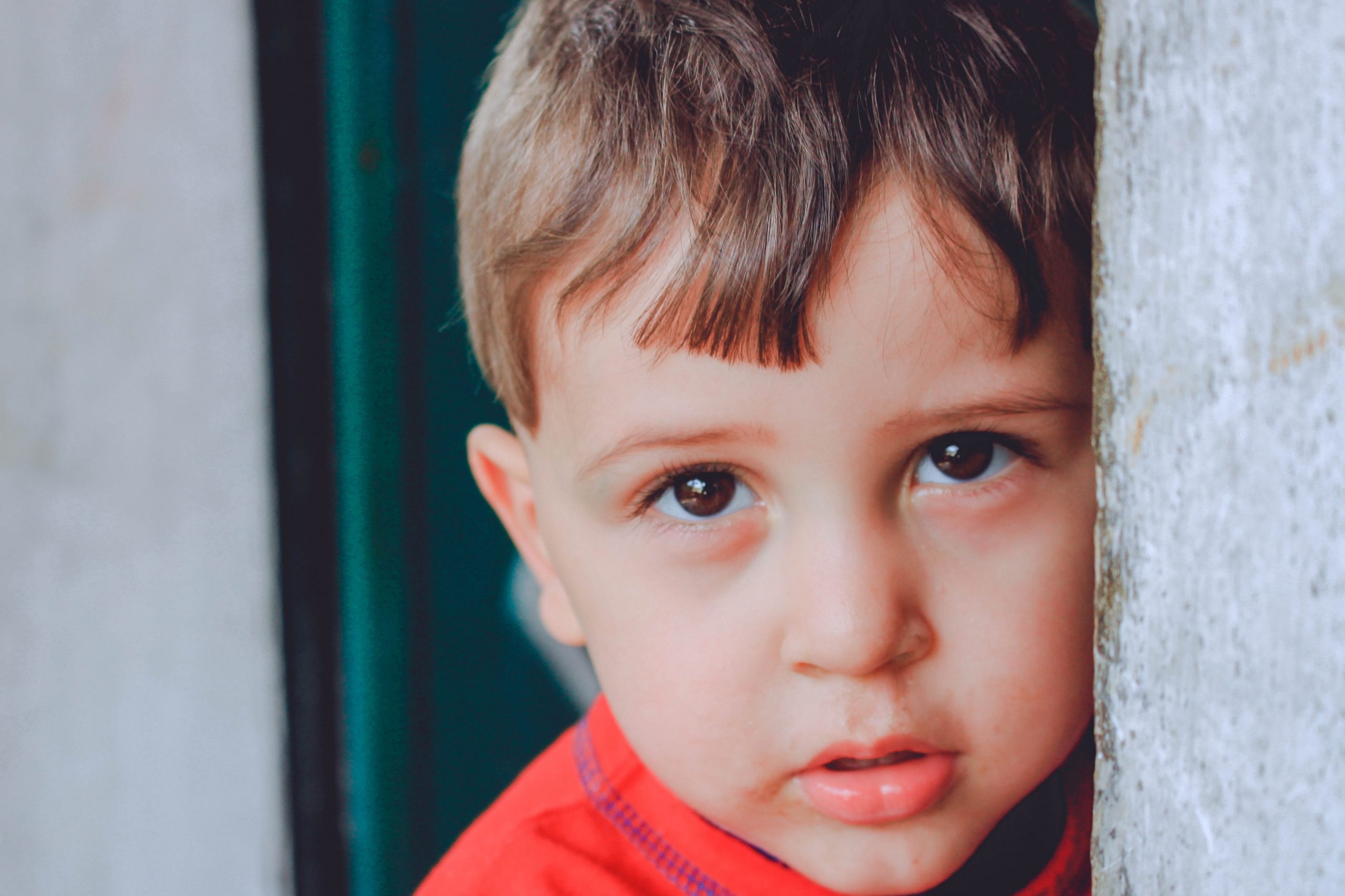
26 Mar How to talk to kids about Coronavirus
With the entire world fixated on the current crisis, understanding how to talk to kids about Coronavirus is something many of us are struggling with.
Here’s how we recommend approaching the Coronavirus conversation with kids so they feel reassured about what’s going on.
Why is it important to talk about it?
At this moment in time, your kids are more likely than not being exposed to breaking news on the television. They might also be seeing people walking around wearing masks and hearing a lot of worried discussions.
Without an open and honest discussion with your kids, they’re more likely to form their own ideas and be susceptible to more fear than is necessary.
That’s why it is so important to explain the Coronavirus to your kids. That way, they can digest accurate information and deal with it as positively as possible.
How to talk to kids about Coronavirus
This is an unprecedented outbreak that no living person today has lived through before. So you shouldn’t feel guilty that you don’t have all of the answers right now.
But you should try and educate yourself as much as possible. Read articles from legitimate sources like the Queensland Government and the World Health Organisation.
When you have the discussion with your kids, approach the situation calmly, and be as open and honest as possible.
You can be sure your kids will take the information they receive from a legitimate source (i.e. you) and share it with their friends at school. So, it is crucial that you are open and honest and tell your kids exactly what is going on.
By explaining the Coronavirus and it’s serious nature, your kids are more likely to take it seriously and act with caution.
But at the same time, you want to be careful with your choice of words to avoid causing unnecessary panic.
We suggest avoiding trigger words like ‘deadly’ and instead, using words like ‘serious’, ‘sickness’, and ‘virus’ when explaining what Coronavirus is.
Make sure your kids are equipped with the right information before telling them what they can do to combat the virus themselves.
Tell them what they should be doing and why
Be serious and thorough when you are explaining how to be cautious and what actions they should take.
Refresh your own memory and read best handwashing techniques before passing on this information to your kids.
Then show them yourself and have them do it with you.
You should also tell them to have regular, thorough showers, use hand sanitiser and keep their distance from others as much as possible.
Ask if they have any questions
Be supportive and ask your kids if they have any more questions. The more informed they are – the more likely they are to be careful and take the virus seriously.
If you found this useful, you might also like our article discussing the importance of daily routines for kids during a crisis.


Sorry, the comment form is closed at this time.